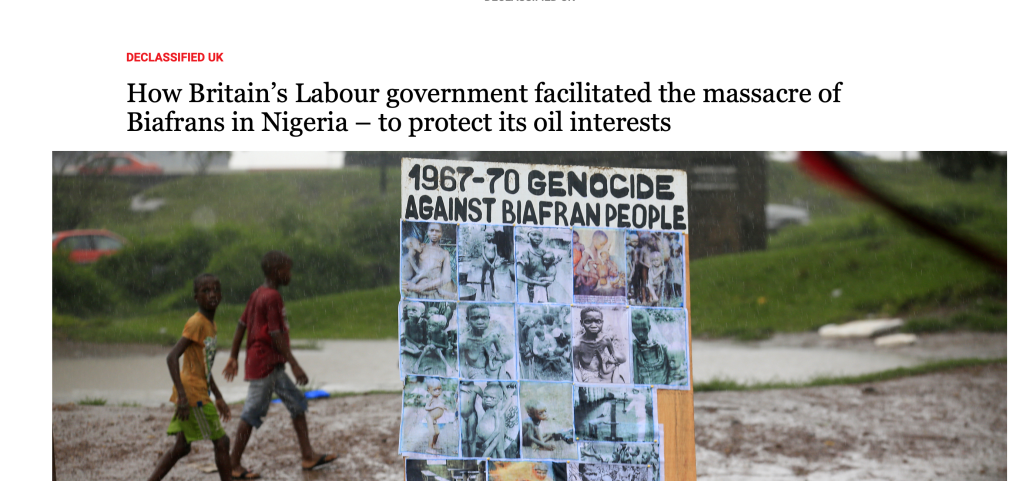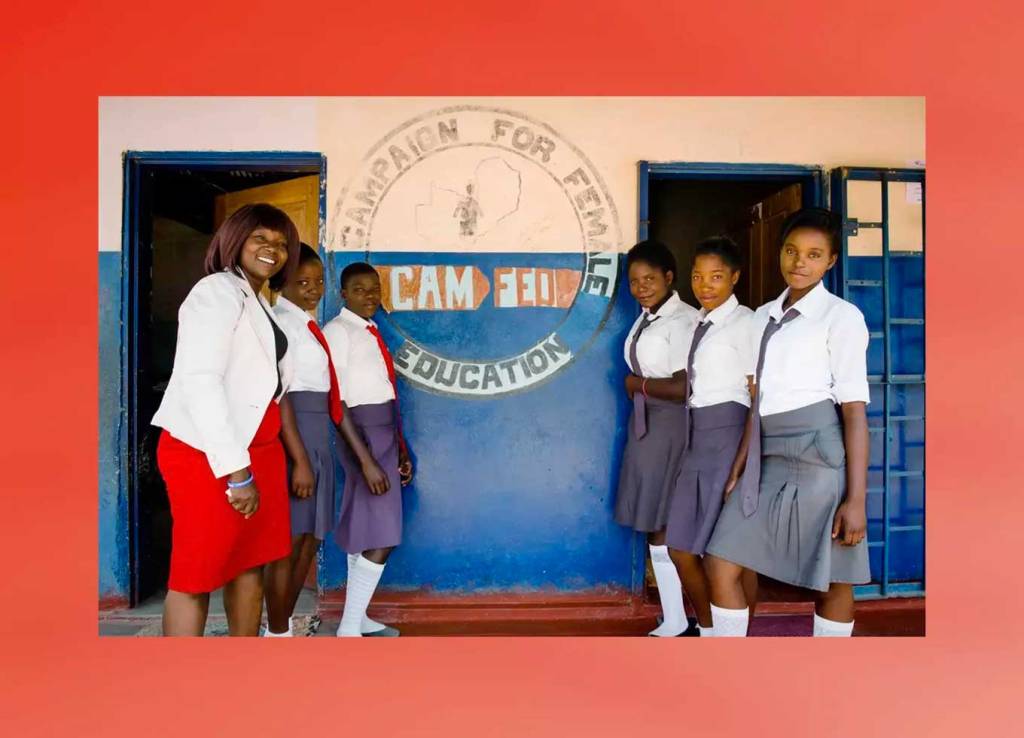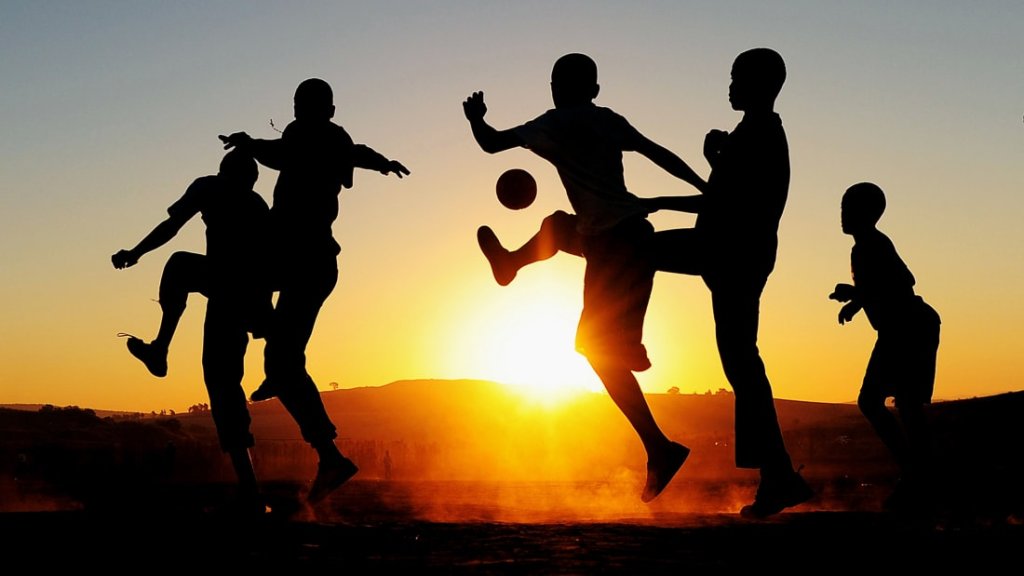Hello everyone! I hope you are having a great week regardless of the distressing things that are currently happening around the world. For many of us, the Palestinian genocide is taking up a lot of mental and emotional space – as it should be. I considered writing on the topic today but I’ve noticed that the people within my reach (my followers) already seem quite educated on the topic. I think there are enough resources out there that explain what is happening so I would urge you all to look these up if you still feel like you need to know more about what is going on. For an unbiased news outlet, I would recommend Al Jazeera, which provides live updates as well.
Nevertheless, the ‘conflict’ has brought up another topic for me that I would like to discuss with you all in this post. Due to recent events, using the word ‘conflict’ to describe the events taking place in Gaza seems wrong. It is no longer a conflict, is something much darker and crueler. However, when I first learnt about this crisis, it was referred to as the ‘Arab-Israeli conflict.’ The ‘conflict’ can be traced all the way back to 1917 with the signing of the Balfour Declaration. In this declaration, Britain (who had the audacity to think they could do this), pledged to set up a Jewish state in Palestine. After World War II, this was taken a lot more seriously and 700,000 or about 85% of the Palestinian population was made to leave Palestine in order to make room for the new Jewish residents. I am sure to anyone with a morsel of sense, this sounds absolutely ridiculous. Sure, there was a huge anti-Semitic threat in Europe and Jewish people needed aid against such threats. But instead of combating anti-Semitic sentiments in Europe, the solution became moving Jewish people to a country that already had inhabitants. Surely, politicians of the time could preempt that this would cause more problems than it would fix.
Although it does not surprise me that Britain was spearheading this ridiculous solution. This is Britain’s favourite thing to do after all. Claim land that is not theirs, divide local populations and claim ignorance when these local populations start fighting each other.

https://www.dailymaverick.co.za
For example, The Nigerian civil war, which took place directly after Nigeria gained independence from Britain. This civil war was caused by two different ethnic groups being forced to become one country under the lines that Western powers had drawn over Africa in order to create their own countries. These two groups had different cultures, religious beliefs, languages etc. and would never have been in the same country if they had the choice. Their conflict also ended with an ethnic genocide. Of course, when the conflict arose, Britain turned a blind eye in the role they played and even facilitated the geneocide. Sound familiar? Similar ethnic/territorial conflicts are starting to arise in India as well e.g., Manipur state is on the verge of civil war due to an issue of re-distribution of tribal land that was taken during colonisation. This was land that now two different tribes claim is theirs and the owners of the land became ambiguous after colonisation. Similar ethnic/territorial conflicts have taken place in Cyprus, Somalia and Zimbabwe.
Let me paint a picture for you. Pre-colonisation, Africa, parts of South America and Asia, were divided tribally/ethnically, rather than by countries. It made more sense to do it this way. People with the same values and beliefs were in the same tribe. These tribal bonds existed for hundreds of years. In 1884, Britain, France, Portugal, Spain, Germany, The Netherlands, Belgium, and Italy all gathered for the Berlin Conference. At this conference, these countries decided how they would carve Africa up so that each country would get the land they wanted. Of course, there was not a single African person present at this conference. During this conference, they created borders and countries that did not previously exist. Without learning about different ethnic groups and tribes, they put different ethnic groups in the same country and in some cases, divided tribes.
So, we see the problem here, right? It is no surprise that there has been continued ethnic violence following colonisation. All of which, these Western powers have mainly ignored although they were fully to blame for these groups fighting one another in the first place. They also took indigenous land which had massive significance to local tribes and failed to redistribute it after colonisation. To Western settlers, land was seen as a commodity, something to use and get rich off of so they did not understand the cultural and spiritual significance land had in many of these places. Therefore, did not understand the need for proper redistribution. This has been the cause of so many conflicts, including the Palestinian one now. Britain suggested a Jewish state without having the proper knowledge of what that would mean, the significance of the land they were giving away and the care for the people who were living on the land they were essentially claiming.

https://ifamericansknew.org/history/
Ironically, the West’s imperialism was always driven by deficiencies in their own societies. Most colonisation took place during/directly after Europe’s Industrialisation period. A period that Europeans hail as a huge success and proof of their superiority. In reality though, while the Industrial Revolution did catapult ingenuity and innovation, people were struggling during this period. There were horrible living and working conditions for all workers, there were food shortages and poor nutrition, environmental population caused by larger urban populations and new machinery etc. There was also natural resource depletion as a result of industrialisation. As a result of the social factors, many European countries were on the brink of social upheaval following the Industrial Revolution. In addition to this, they were also running out of raw materials and struggling to feed their own populations. So the solution to this was to go out and loot resources from other countries. New resources would keep their capitalist loom spinning and appease people who were struggling.
“I was in the East End of London (a working-class quarter) yesterday and attended
a meeting of the unemployed. I listened to the wild speeches, which were just a cry
for ‘bread! bread!’ and on my way home I pondered over the scene and I became
more than ever convinced of the importance of imperialism. . . . My cherished idea
is a solution for the social problem, i.e., in order to save the 40,000,000 inhabitants
of the United Kingdom from a bloody civil war, we colonial statesmen must
acquire new lands to settle the surplus population, to provide new markets for
the goods produced in the factories and mines.”
– Cecil John Rhodes
And that is what they did and it worked. However, it worked at the expense of other countries people, land, resources and dignity. It seems that for years, we have been bailing European countries out of problems they have caused for themselves. As mentioned above, the re-settlement 0f Jewish people was also caused by defeciencies within Western societies. The problem was then just relocated at the expense of Palestinians, to save Western countries the hassle or accountability.
It further upsets me that when things go wrong as a result of ignorant Western decisions e.g., what is happening in Palestine, they do not take accountability for the role that they played. So many of the Western countries are in support of a genocide just to save face. My question is why are we still letting these countries police the world? They keep repeating the same nonsenscil, inhumane and selfish actions. It is truly disappointing that these countries are our representation of human development. Humanity should be more than this. I am optimistic though, because I can see that my generation and the one after mine, sees through the facade. We value life more and it is my hope that we turn the world on its head and fix the injustices that have caused so much suffering and death in the world.














